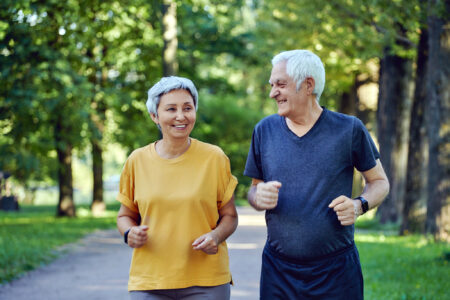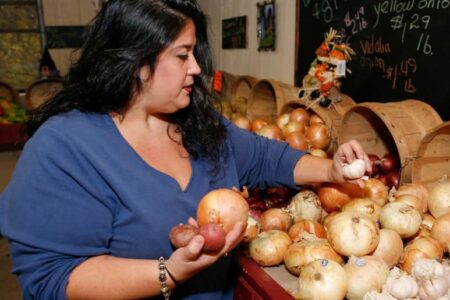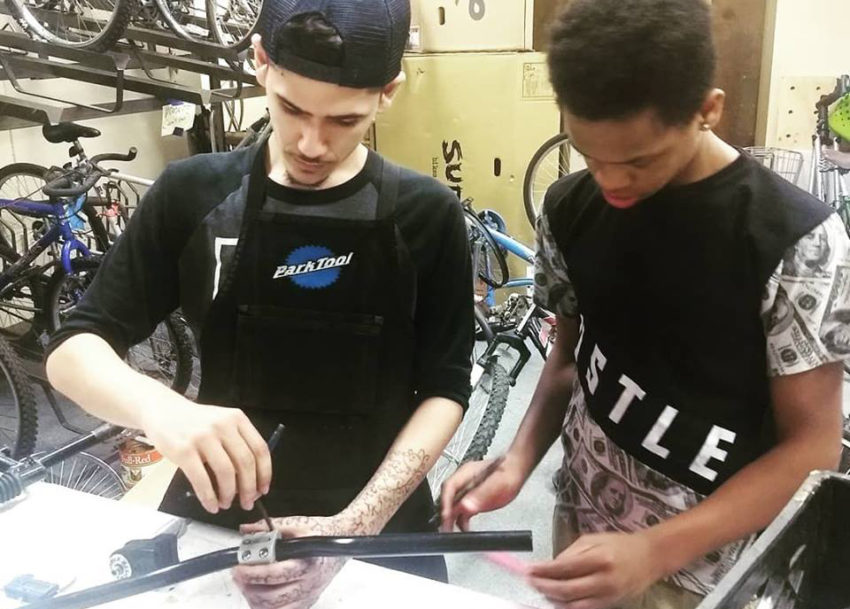
Share On Social!
Bicycling shops went extinct in Hartford, Conn. (43% Latino), a few years ago.
That’s why, in 2015, the Center for Latino Progress teamed with Hartford Public Schools and Capital Workforce Partners to open BiCi Co.—short for Bicicleta y Comunidad—a community bike shop cooperative run by students.
The shop soon became more than a place to get a bike.
It transformed into a hub for community connection, civic engagement, and better health, according to Mobility Lab.
How Did They Stimulate Community Connection?
Many people don’t feel an emotional connection to or a sense of membership in their community.
Those people are less inclined to take action to improve their own health, according to a 2015 Robert Wood Johnson Foundation survey. Community connection can spur action to improve conditions that influence health.
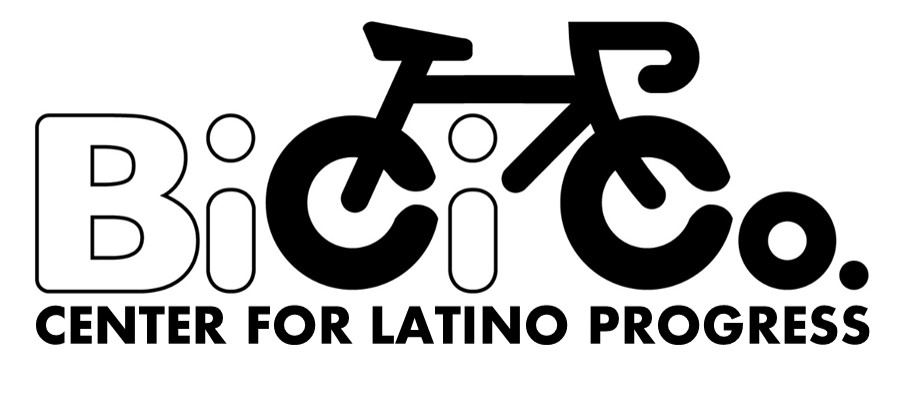 The Bicicleta y Comunidad shop aimed to make that happen.
The Bicicleta y Comunidad shop aimed to make that happen.
They started with a summer pilot program. They teach 30 teens bike safety, mechanics, bicycle science, history and how integrate bicycle transportation into their lives.
“Working on bikes has made me think about majoring in engineering,” high school student Brandyn Mercado told Jenna Fortunati of Mobility Lab.
Now, Bicicleta y Comunidad offers internships. They have programs like Earn-A-Bike, Build-A-Bike, Buy-A-bike, Rent-A-Bike, and Traffics Skills 101, education and workshops.
At the end of Earn-A-Bike course, teens ages 13-19 get to keep the bicycle they tuned up. They also get bike lights, a lock, and a helmet.
Bicicleta y Comunidad also participates in and hosts events to support Transport Hartford. They aim to deepen resident engagement. They want active and informed residents who will shape future transportation developments.
Beyond bicycles, the Center for Latino Progress believes empowered citizens will improve the region’s economic vitality, quality of life and environmental sustainability.
“The Center for Latino Progress realized that this was an opportunity to create a community bike shop with youth programming that goes beyond the simple need for transportation and addresses many community needs,” according to the BiCi Co. website.
Why Bicycling?
Like many cities across the country, Hartford minorities face racial and economic segregation.
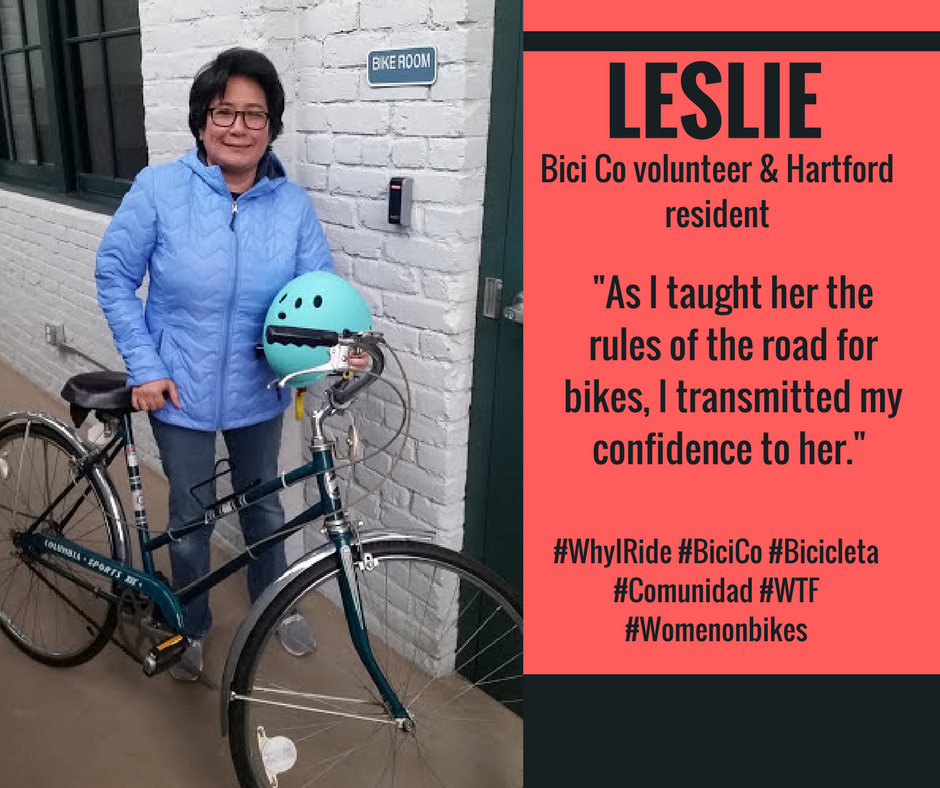
Hartford ranked second among the top 10 largest metros where the poor are most segregated.
Schools are still segregated, too. Nearly 12,000 black and Latino children living in Hartford attend segregated schools—where at least three-quarters of the students are minorities—according to the State Department of Education.
Areas of concentrated poverty are burdened by inferior housing and schools and face isolation, higher crime rates, and poorer health, while areas of concentrated wealth benefit from growth, amenities and resources.
However, many Americans overestimate racial and economic equality, according to a 2017 study.
False beliefs in societal fairness may delay or prevent economic and social policies designed to address systematic and structural inequities.
“Not knowing or acknowledging how our economic outcomes and fortunes are patterned by racial discrimination, past and present, puts all of us at risk of ignoring how unequally we currently share opportunities with children in our communities,” wrote Michael Krause, a social psychologist and assistant professor at the Yale University School of Management.
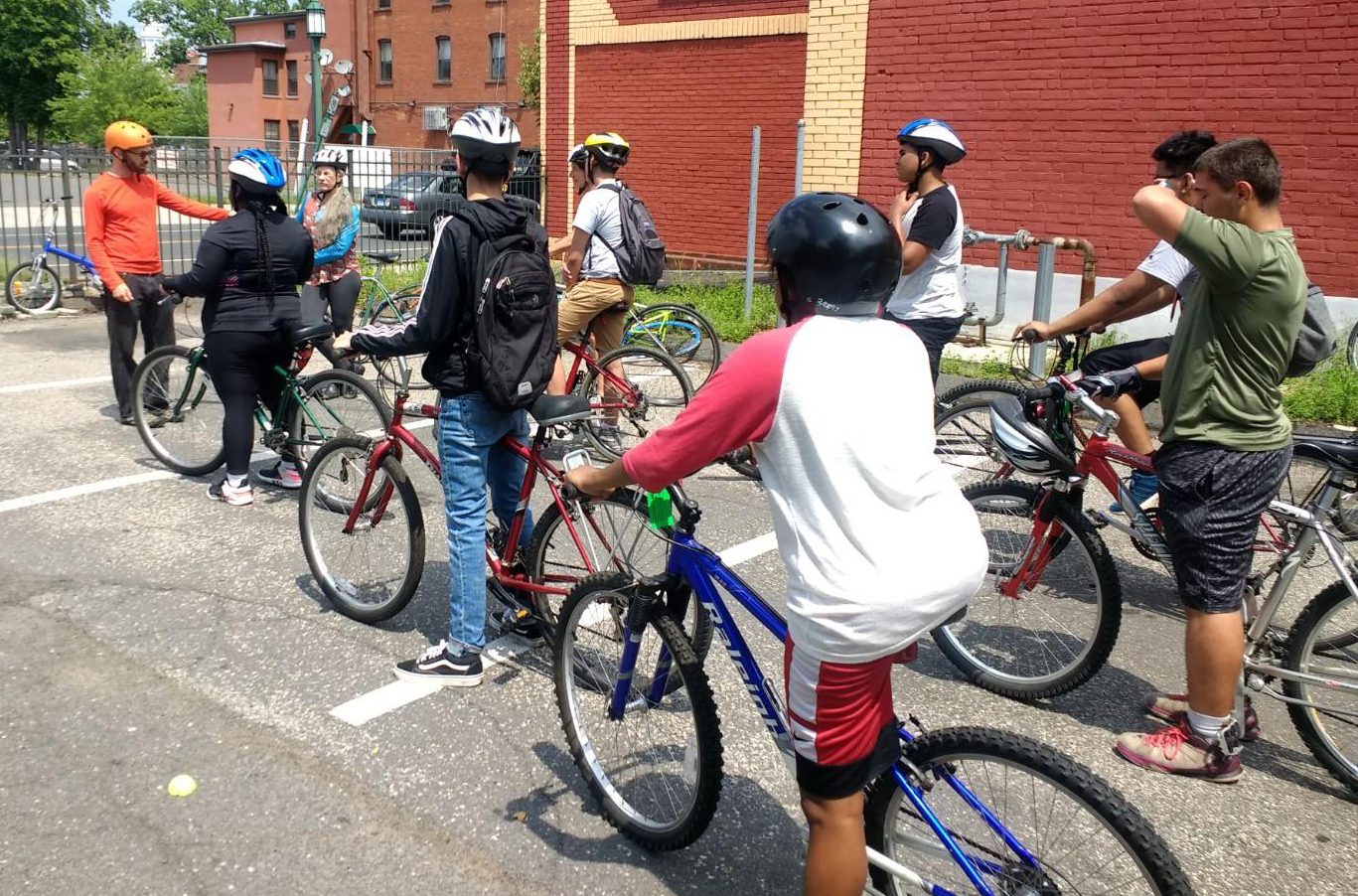
Bicycling can help. It can:
- Provide transportation options for youth and people who can’t afford or choose not to drive.
- Connect community members to community amenities and services.
- Improve health and reduces isolation.
- Emit zero greenhouse gas emissions.
- Foster community connection and civic engagement and encourage action to address inequality and help improve community conditions that influence health.
Biking is part of a sustainable and socially just region, along with walking, transit and multi-modal transportation, .
If you understand the important role bicycles play in equity, community, and health share this with schools and community leaders and organizations in your community.
Explore More:
Green & Active SpacesBy The Numbers
33
percent
of Latinos live within walking distance (<1 mile) of a park

